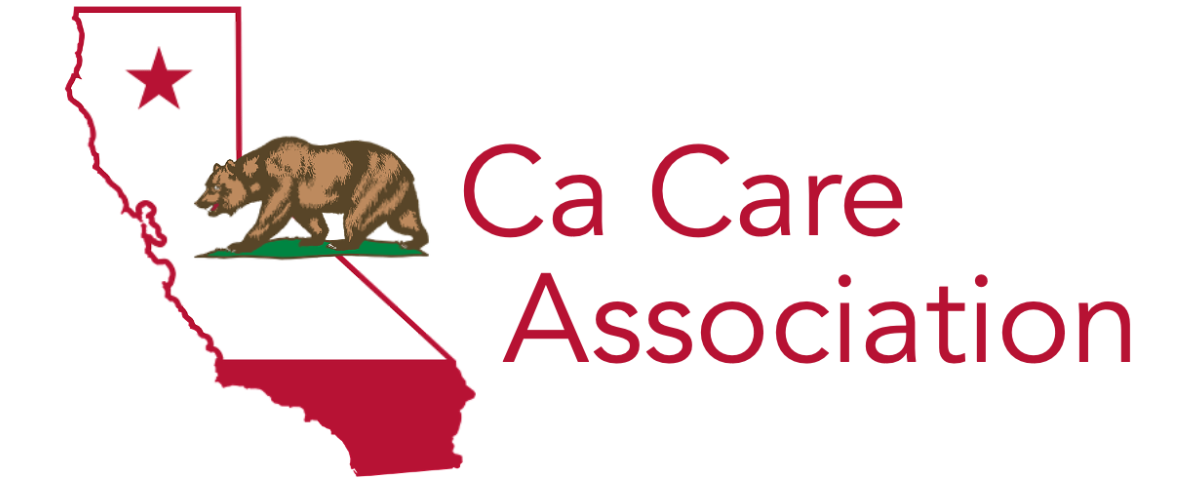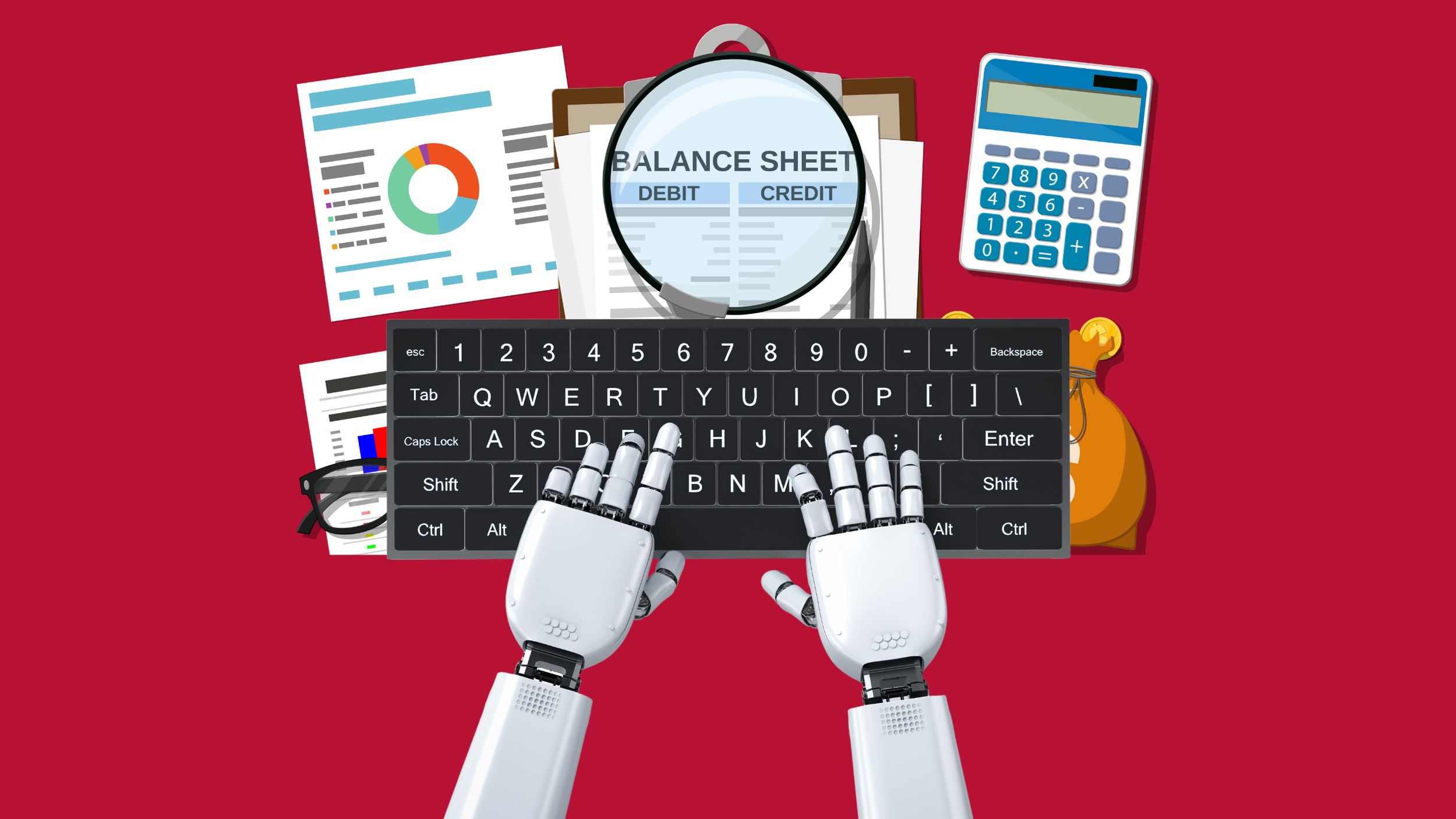Home Care Bookkeeping Meets A.I.: The Future of Bookkeeping in Home Care
The home care industry is rapidly growing and evolving, and with this growth comes a need for efficient and accurate bookkeeping practices. In the past, bookkeeping for home care businesses was often done manually, with paper records and spreadsheets. However, as technology continues to advance, so do the tools available for bookkeeping. In this blog post, we will explore the current bookkeeping practices used in the home care industry, the challenges for home care agencies, and the role that AI is likely to play in the future.
Current Bookkeeping Practices in Home Care
In the home care industry, bookkeeping is a critical component of daily operations. Without proper bookkeeping, it is difficult for home care businesses to manage finances, pay employees, and ensure compliance with regulations.
Currently, many home care businesses use accounting software to manage their finances. This software often includes features such as invoicing, payroll management, and expense tracking. Some popular accounting software options for home care businesses include QuickBooks, Xero, and FreshBooks.
In addition to accounting software, home care businesses may also use electronic health record (EHR) systems to manage patient records. These systems can integrate with accounting software to provide a more comprehensive view of a patient’s care and associated costs.
Bookkeeping Challenges in the Home Care Industry
Payroll Management
One of the main challenges in bookkeeping for home care agencies is managing payroll for caregivers. With many caregivers working part-time or on an hourly basis, it can be difficult to track and manage their hours accurately. This can lead to errors in calculating payroll, which can be time-consuming and costly to correct. Additionally, payroll for caregivers often involves managing taxes and other deductions, which can be complicated and require a high degree of accuracy.
Expense Management
Another challenge in bookkeeping for home care agencies is managing expenses. Home care agencies often have a wide range of expenses, including supplies, equipment, and payroll. Tracking and managing these expenses can be time-consuming, especially if they are manually recorded. Additionally, managing expenses can be challenging when there are multiple funding sources involved, such as private pay and government-funded programs.
Compliance with Regulations
Compliance with regulations is another challenge in bookkeeping for home care agencies. Home care agencies must comply with a range of federal, state, and local regulations, such as tax regulations and labor laws. Non-compliance with these regulations can result in penalties and legal action, making it essential for home care agencies to stay up-to-date with the latest regulations.
The Role of AI in the Future of Bookkeeping in Home Care
As technology continues to advance, the role of AI in home care bookkeeping is likely to become increasingly important. AI has the potential to automate many bookkeeping tasks, reducing the time and effort required for manual data entry and analysis.
Payroll Management
One area where AI is likely to have a significant impact is in the management of payroll. Payroll management is often a complex and time-consuming task for home care businesses, as it involves tracking employee hours, calculating overtime, and managing taxes and benefits. AI-powered payroll software can automate many of these tasks, reducing the risk of errors and freeing up time for staff to focus on other areas of the business.
Fraud Detection
Another area where AI is likely to play a role in fraud detection. Fraud can be a significant issue in the home care industry, as caregivers may be tempted to falsify their hours or services provided. AI-powered software can analyze data to identify unusual patterns or discrepancies, alerting business owners to potential fraud before it becomes a significant problem.
Real-Time Insights and Predictions
Finally, AI can also help home care businesses to better manage their finances by providing real-time insights and predictions. AI-powered software can analyze data to identify trends, forecast future revenues and expenses, and provide recommendations for financial optimization. This can help home care businesses to make more informed decisions and improve their overall financial performance.
Conclusion
In conclusion, the home care industry is likely to continue to evolve in the coming years, with technology playing an increasingly important role in bookkeeping practices. While many home care businesses currently use accounting software to manage their finances, AI has the potential to automate many bookkeeping tasks, improving efficiency and accuracy. Whether it is payroll management, fraud detection, or financial optimization, AI-powered software is likely to become an essential tool for home care businesses looking to manage their finances effectively.
So if you're ready to take your home care business to the next level, now is the time to embrace the power of AI. With the right tools and strategies in place, you can streamline your operations, provide better care for your clients, and create a more sustainable and successful business for years to come.


